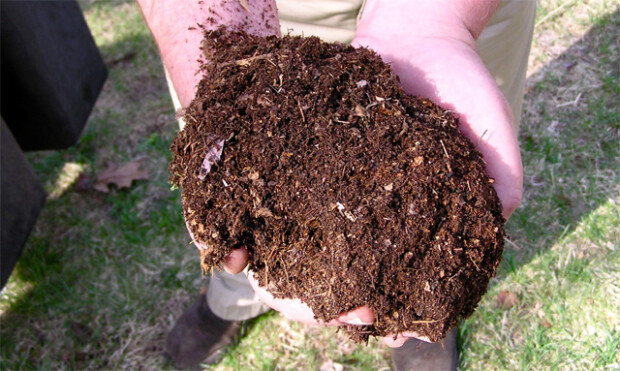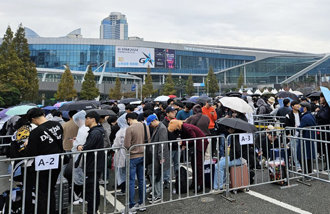‘Compost funeral’ to be introduced in U.S.
‘Compost funeral’ to be introduced in U.S.
Posted February. 21, 2020 07:56,
Updated February. 21, 2020 07:56

A new experimental funeral method, other than burial or cremation, will be introduced in Washington in May this year. It is so-called “human compost funerals,” in which human bodies are broken down to compost and truly go back to nature. As the Washington State Legislature passed a bill allowing the new funeral method last year, it will be first conducted in May this year.
It usually takes several months for buried bodies in the ground to be decomposed entirely. During decomposition, blisters are formed on the skin and become larger. In the case of burial in the ground with high humidity, bodies can be broken down in one month due to intense bacteria activities. On the other hand, bodies may be maintained in a mummy-like state for several years in a dry environment. During the decomposition process, a pathogen can enter the ground and contaminate the soil. This is one of the reasons why people have buried bodies in the casket or cremated them, along with the purpose to pay respect to the dead.
Washington State University soil science researcher Prof. Lynne Carpenter Boggs recently announced findings on how bodies turn into compost by working on six bodies donated to the research team. The goal of the research was to find a way to naturally decompose human bodies at a socially acceptable pace and use them as compost while preventing pathogen contamination.
Legal and ethical reviews have been completed. “We did have legal and ethics reviews — we had people from our philosophy department and the medical school looking into what we intended to do,” said the professor. “We are having open-minded dialogues with people who find it hard to accept the new method for religious reasons.”
The research findings will be shared with and used by “Recompose,” a private funeral company pursuing the new compost method in Washington. “There are many people who want to end their lives in a more environmentally-friendly way,” said a member of Recompose. “Those who pursue eco-conscious lifestyle are highly interested.” The Washington state government is hoping that using the compost produced in the new method in urban gardens can create a new funeral culture, in which one’s death can benefit those living.






